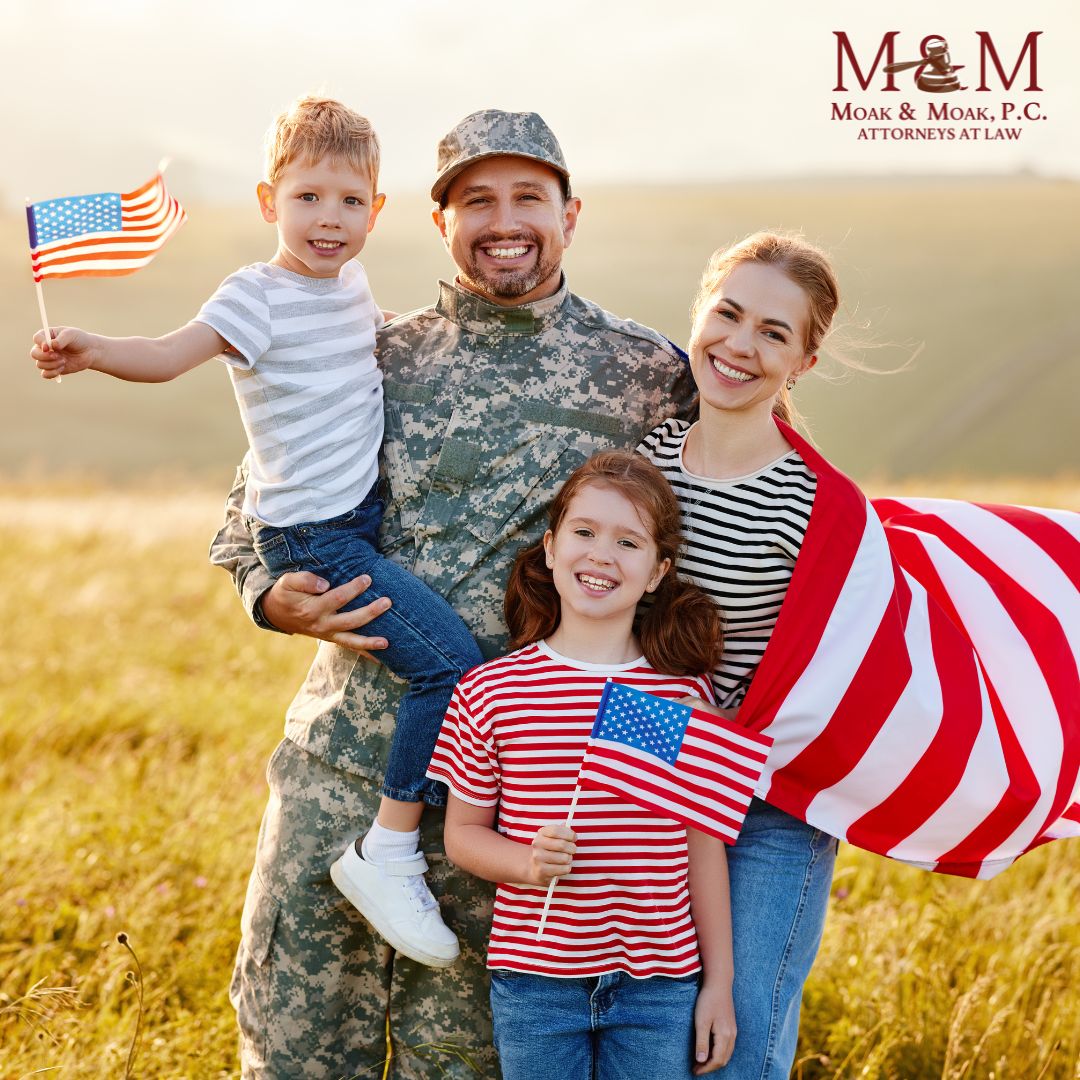When assisting my clients with their estate planning or transferring their loved one’s assets after death, I am occasionally asked about surviving spouses veterans benefits. We have a wonderful gentleman here in Walker County that helps families with VA benefits, Robert “Bob” Kane, Jr., County Veterans Services Officer. Mr. Kane provided me with information for this column and I would like to thank him for not only for his service to our country, but his contnued service to veterans.
The role of the County Veterans Services Officer (CVSO) is very complex as they are advocates in fighting for the benefits of our veterans and the surviving spouse. They help the veterans or surviving spouses navigate through the labyrinth of paperwork and formsthat are required by the Department of Veterans Affairs (VA) for health benefits, VA pensions or surviving spouse benefits.
Today’s column states just a few examples of the issues that can arise in cotenancy. Therefore, if you find yourself in a cotenancy relationship that is not working out, then you should consult an attorney for assistance.
There are several organizations who have Veterans Services Officers (VSO) such as the Disabled American Veterans, Veterans of Foreign Wars, The American Legion, the Elks Lodge and other community organizations may have a VSO appointed or a member will volunteer to fill the position.
The CVSOs and the VSOs once appointed are required to go through training with the VA and either their state’s Veterans Commission or their organization’s VSO program to be accredited by the VA and their organization to do the work of helping the Veterans orsurviving spouses with their cases for benefits. They are required to complete annual training to maintain their accreditation with VAand the organization they represent.
A Veteran who has gone through the VA and is getting 100% disability compensation for their service-connected disabilities alsoreceives additional funds for their dependents, however when the veteran dies those benefits automatically stop. This can cause afinancial burden on the surviving spouse but there is a surviving spouse benefit they can apply for.
There are 2 programs, Dependency and Indemnity Compensation (DIC) and Survivors Pension. Dependency and Indemnity Compensation (DIC) – If you’re the surviving spouse, child, or parent of a service member who died in the line of duty, or the survivor ofa Veteran who died from a service- related injury or illness, you may be able to get a tax-free monetary benefit called VA Dependencyand Indemnity Compensation. VA Survivors Pension – AVA Survivors Pension offers monthly payments to qualified surviving spouses and unmarried dependent children of wartime Veterans who meet certain income and net worth limits set by Congress. Source for this information is the VA.GOV.
Both of these programs have eligibility requirements and specific evidence is required to be submitted to the VA. Your CVSO or VSOis there to assist you in this process and file your claim for you.
Walker County’s Veterans Services Officer is Bob Kane, a 21 year retired Navy Veteran who is accredited through the VA and the Texas Veterans Commission. His office hours are Tuesday, Wednesday and Thursday fromin 8:oo AM to 4:00 PM. He is located at 340Highway 75 North, Huntsville, TX 77320. His phone number is (936) 435-2474. His email address is bkane@co.walker.tx.us
To assist Mr. Kane or any VSO, there is specific documentation that would be required for your claim. 1) Marriage license, 2) Death certificate, and a 3) copy of the DD-214. Addtionally, the current marketable value of property and if there is any information on the Gross Annual Income (retirement, pension, VA compensation, Social Security benefits) broken down by the Veteran and spouse separately. This information is used to show the income lost with the death of the Veteran. Additionally, information on stocks, bonds, or annuities owned by the Veteran that might be transferred to the surviving spouse. Funeral expenses, whether prepaid or recently incurred. Most spouses do not know that funeral expenses may be defrayed by the VA and the Veteran may also be eligible for Military Honors at the funeral. If the Veteran was a Native American, then internment may take place at a Tribal Cemetary at no cost.
I hope this information helps those Veterans who served our country and protected our freedoms. There are many individuals who claim to be Veterans or participate in scams, so be careful who you deal with. Having a local individual you can sit down with like Mr. Kane is a great asset.

